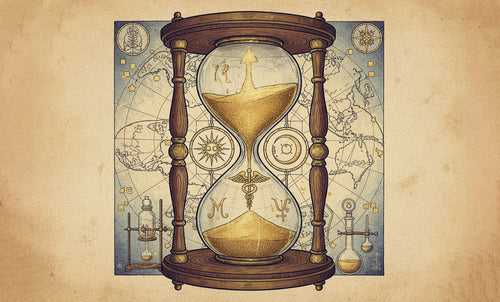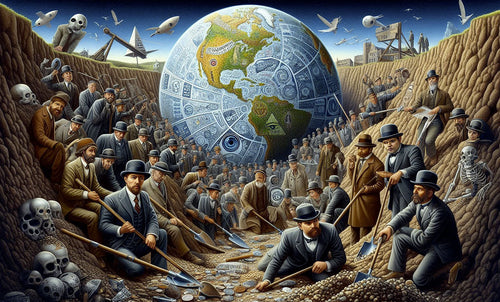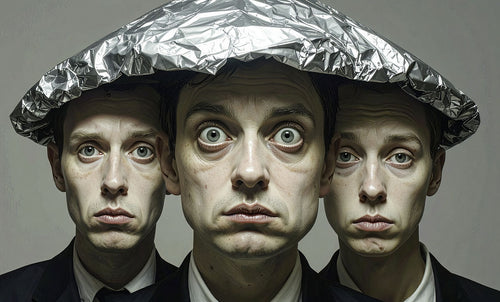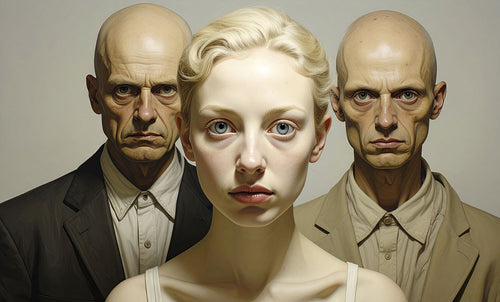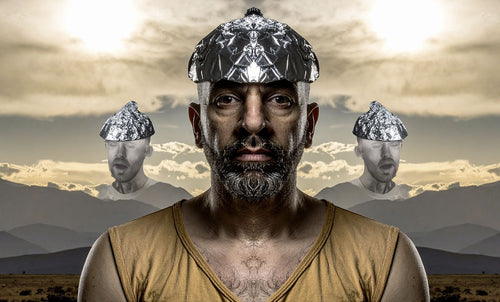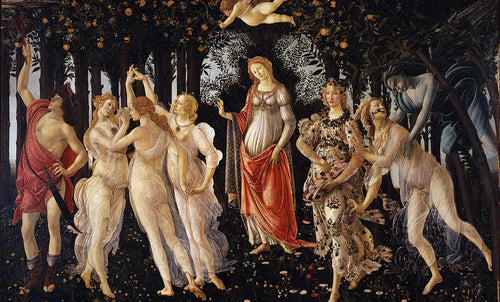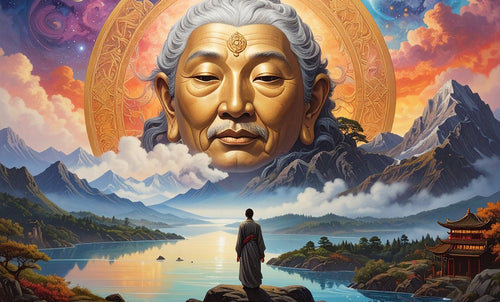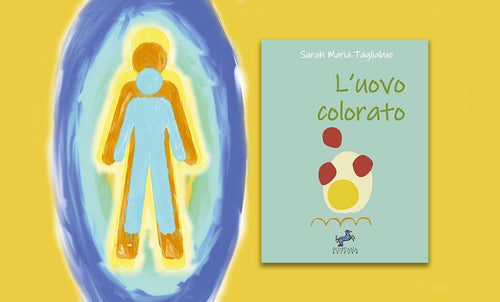
Thought and Desire. Part 2
Alessandro Rusticelli3. Where there's a will, there's a way
With Nietzsche, Western reflection takes a different path. The connection between desire and creative thought often recurs in his works and the idea that desire is not only lack, but an expression of power, begins to emerge.
Of course, such a force can also be destructive, but that does not preclude its creative potential. It is no coincidence that Nietzsche was influenced by the ideas of Indian philosophy, which were just beginning to circulate in Europe in those years.
As we will see later, in India the creative power of desire was recognized early on, while, in a path almost opposite to that of the West, its negative aspects were reflected upon only at a later stage.
With existentialism and psychoanalysis, Platonic intuition changes from metaphysical to psychological and a new theme begins to emerge, namely the idea that desire is not the lack of an object, but rather of a subject.
This is how continental thought's preoccupation with the nature of the Self manifests itself. Western man looks inside himself and discovers emptiness, uncertainty and instability, open and terrifying spaces that he tries to fill through the objects of desire. Are we not trying to fill our own lack of meaning when we chase the objects of the world and the sensations they arouse?
The thought of Jacques Lacan, one of the most influential theorists of modern psychoanalysis , also moves in this direction. For Lacan, desire is central to the psychic structure of the human being: it is not simply a manifestation of biological needs or impulses, but is rather a complex process that involves the relationship between the individual and the external world.
In other words, it is desire that moves us in our relationship with the world and with others.
Desiring thought arises from the perception of a lack in being, which can never be fully satisfied. It is this incompleteness that pushes us to seek satisfaction outside, through goods, relationships and ideals that symbolically represent what we lack.
The possible references to the Buddhist notion of anatman are fascinating, a topic too broad to be covered here.
The line of thought initiated by Nietzsche reaches full maturity with Deleuze who states bluntly that desire does not serve to heal any incurable wound, on the contrary it feeds thought, making it dynamic and productive.
According to the author, in fact, desire lacks nothing, rather it is a positive force that creates what did not exist before.
Deleuze's criticism focuses in particular on psychoanalysis which, according to him, would have completely betrayed the meaning of its own discovery, making the unconscious and its drives not a revolutionary force but rather the "Oedipus theater", the deciphering of which would only serve to domesticate desire, depriving it of its power.

